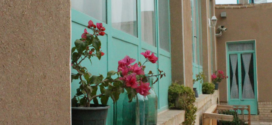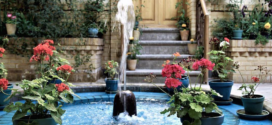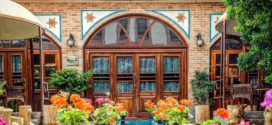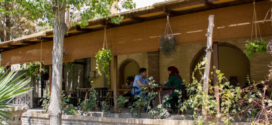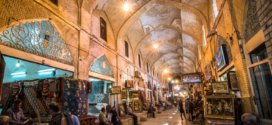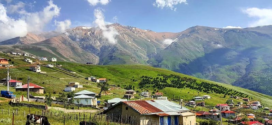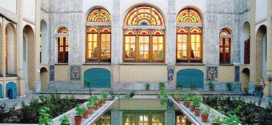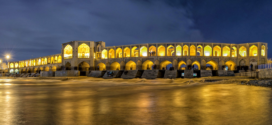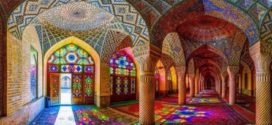We begin tonight’s edition of A Window to the Fatherland with Dr. Alireza Nourizadeh reading one of his poems from the book of his collected works.
Dr. Alireza Nourizadeh:
Tonight our special guest Dr Payam Fazel who also serves with the Doctors Without Borders will talk to us about the story of the turbulent life of his family.
Dr Fazel has previously appeared on our program on many occasions and is a very active member of the medical organization thattakes him to countries as distant as in African and North Korea. We want tofind out why he has so passionately dedicated his life to helping others.
Dr Fazel’s late mother, Shahla Harriri, was an educated woman who loved her children so much and worked with her husband who was a doctor. Then the revolution arrived in Iran and she became associatedwith a political opposition group and was later arrested and despite repenting she was executed.
Dr Payam Fazel:
I can say the revolution cut through the life of our family. Some years before it happened my father had become interested in Dr Ali Shariati’s books and ideas. He came from a religious family and I remember together with my mother they used to read the books at our bedside and thismade us all a very religious family.
Ali Shariati presented a different image of Islam, which was more of its Alawi sect. People who shared a cell with him in prison were saying that he did not even do prayers and instead always did meditation.
Unlike Shariati’s intellectual ideas, Khomeini was a true strategist despite his langue of the peasants. Behind the scene he controlled everything to make sure his revolution would succeed. He never talked about women’s rights and even promised that his regime would be more democratic than that of France. He always kept his image of a spiritual leader.
My mother became a follower of the Mujaheddin Khalq organization and on one occasion the pressure groups broke her nose during a protest demonstration and she appeared with bloody face next to Massoud Rajavi on the front page of the Mujaheddin’s newspaper.
My father on the other hand kept his life style of drinking his whiskey and began a relationship with his secretary, which truly broke my mother’s heart. He even distanced himself from my mother’s political activities and wrote a letter to the regime and denounced her.
 khalijefars News, Blogs, Art and Community
khalijefars News, Blogs, Art and Community
